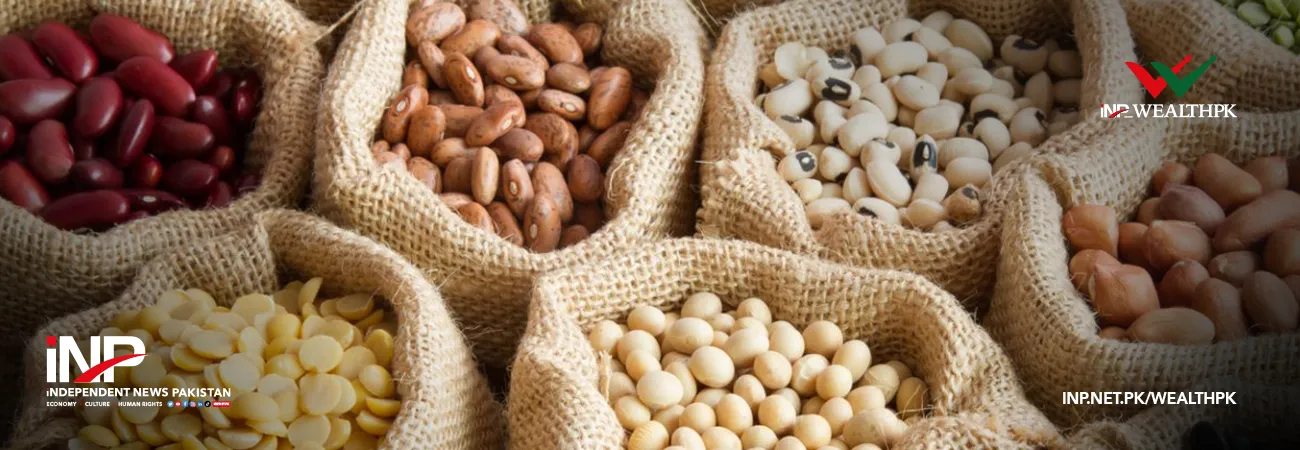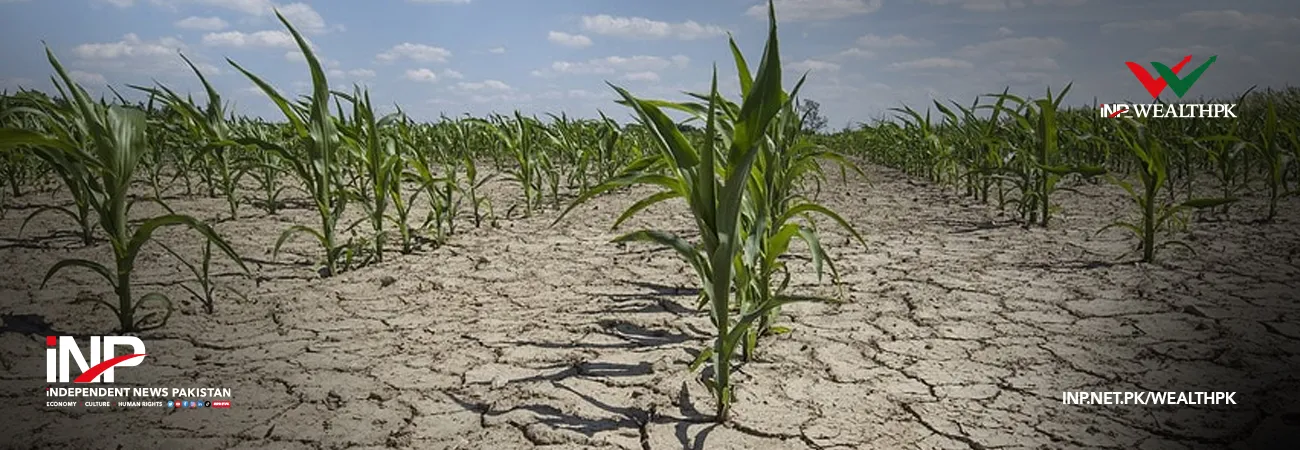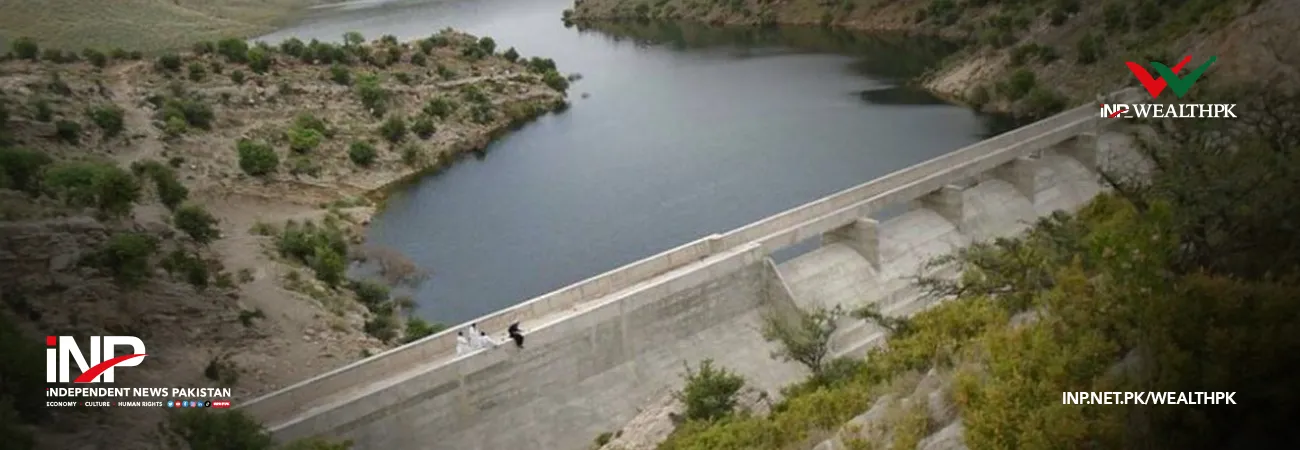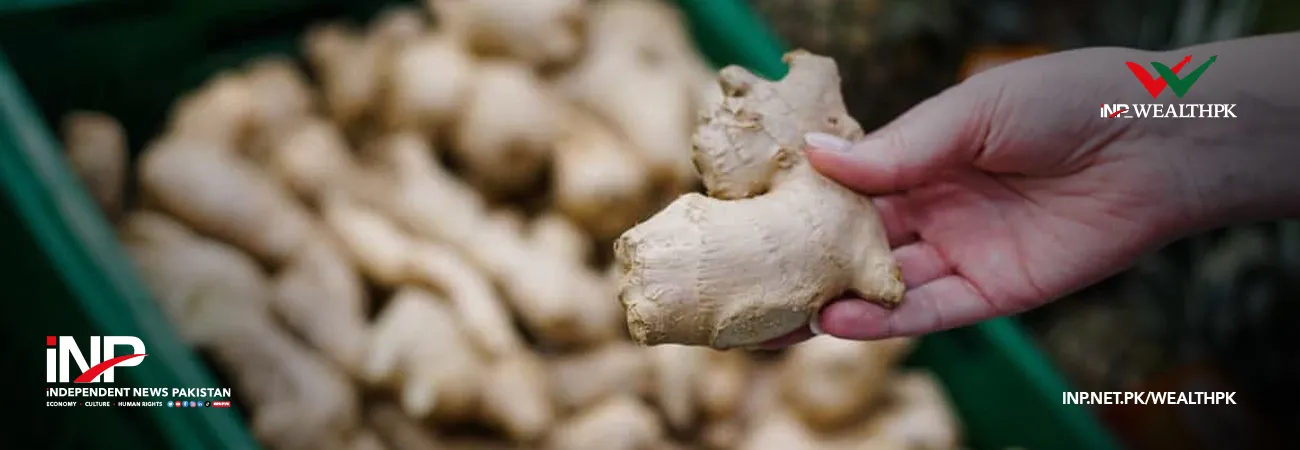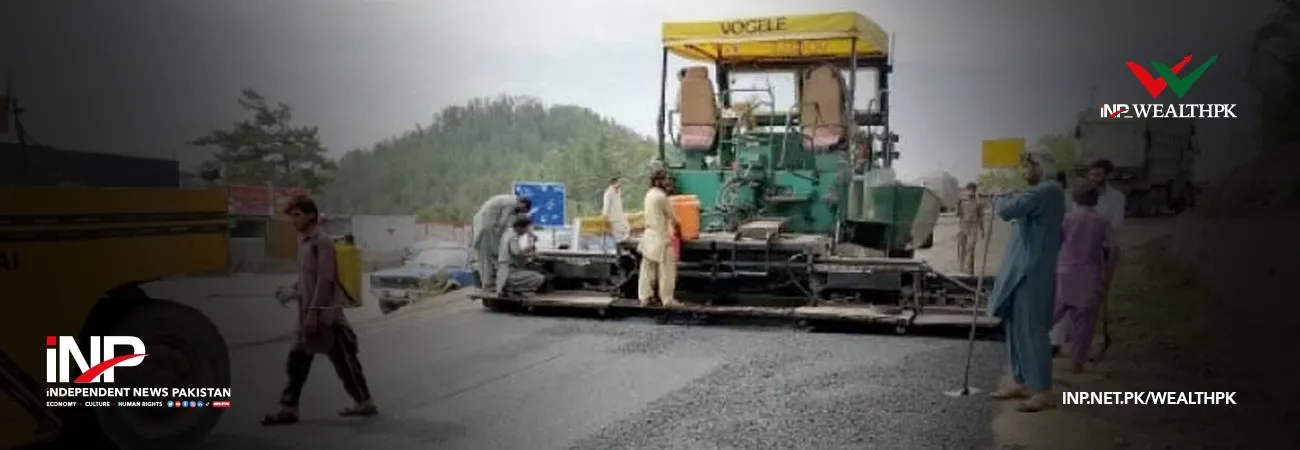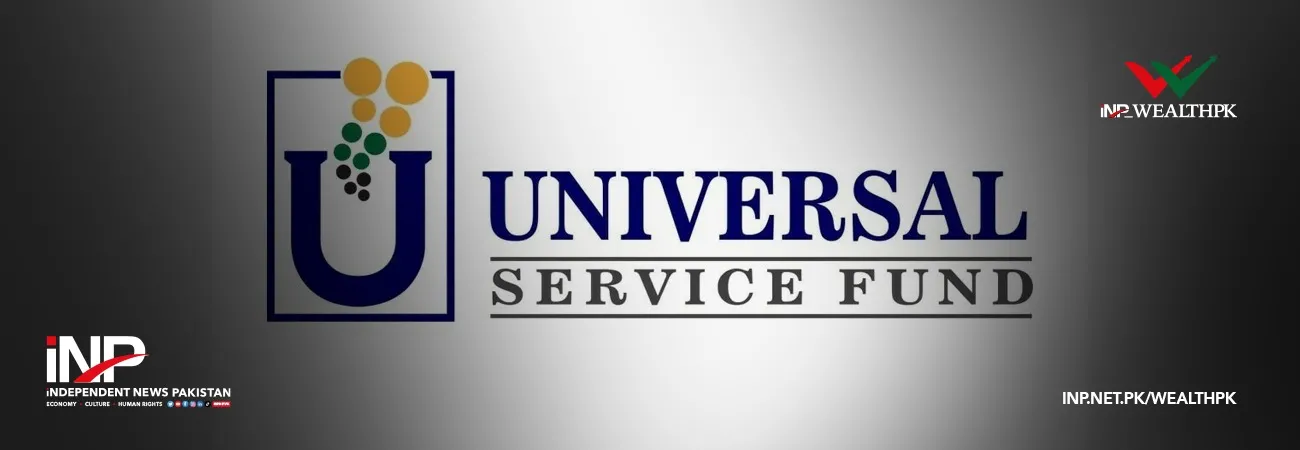INP-WealthPk
By Ayesha Mudassar ISLAMABAD, May 11 (INP-WealthPK): Pakistan's manufacturing industry has enormous potential to increase its world market share provided the government takes tangible steps for its development for sustainable economic growth. According to Pakistan Bureau of Statistics (PBS), production increased in textile, tobacco, leather, food, beverages, coke and petroleum, automobiles, wood, iron and steel, pharmaceuticals, paper and board and chemicals in the three quarters of the current fiscal year 2021-22 (3QFY22) compared to 3QFY21. On the other hand, production decreased in non-metallic minerals, electronics, rubber and engineering products. Textiles The value of textile and garment exports increased by 25.43% in the first nine months of the fiscal year 2021-22. This is mainly due to the massive depreciation in the rupee's value, government policies and a steady rise in global demand. The government’s supportive policies, including the introduction of regionally competitive energy tariffs, the elimination of duties and taxes on industrial raw materials, a lower interest rate, and the payment of pending refunds to exporters, have resulted in a stronger export capacity in Pakistan's textile industry. A long-term tariff policy is, however, required for sustaining growth in exports and employment and attracting new investment. Leather Products Pakistan's leather sector is the country's second largest export industry after textiles, and it has the most untapped export potential. According to Pakistan Leather Garments Manufacturers & Exporters Association (PLGMEA), the government is promoting the leather garment industry by exempting imports from customs duties, enhancing duty drawback rates on leather garments, and reducing regulatory duties, reports WealthPK. According to PLGMEA, the Mega Leather Show was held in Lahore's International Expo Centre to improve Pakistan's favourable image in the global business sector. A large number of participants from China, Italy, Spain, Germany, Portugal, and other nations attended the show. Pakistan, being a livestock-rich country, should have a high-performing leather industry. The industry requires a well-integrated vision along with the implementation capacity. Automotive Industry The automobile sector is one of Pakistan's fastest-growing industries, employing over 3.5 million people and accounting for 3% of the country's GDP. It contributes around Rs50 billion ($310 million) to the national exchequer annually. According to the data released by Pakistan Automotive Manufacturers Association (PAMA), the total passenger car sales increased to 172,612 units in three quarters of the current fiscal year compared to 112,244 units in the same period of last year, registering a growth of 54%. The sales of trucks, jeeps, pick-ups, and tractors also showed an increasing trend in 3QFY22 in comparison with the corresponding period of last year. Muhammad Ashraf, who runs an auto parts manufacturing unit, told WealthPK that despite being an old industry, the sector has yet to achieve the targeted level of localisation as assemblers import two-thirds of the auto parts for vehicles assembled in Pakistan. "Auto imports will surely decline if Pakistan manufactures auto-grade steel and plastic raisins," he pointed out.




